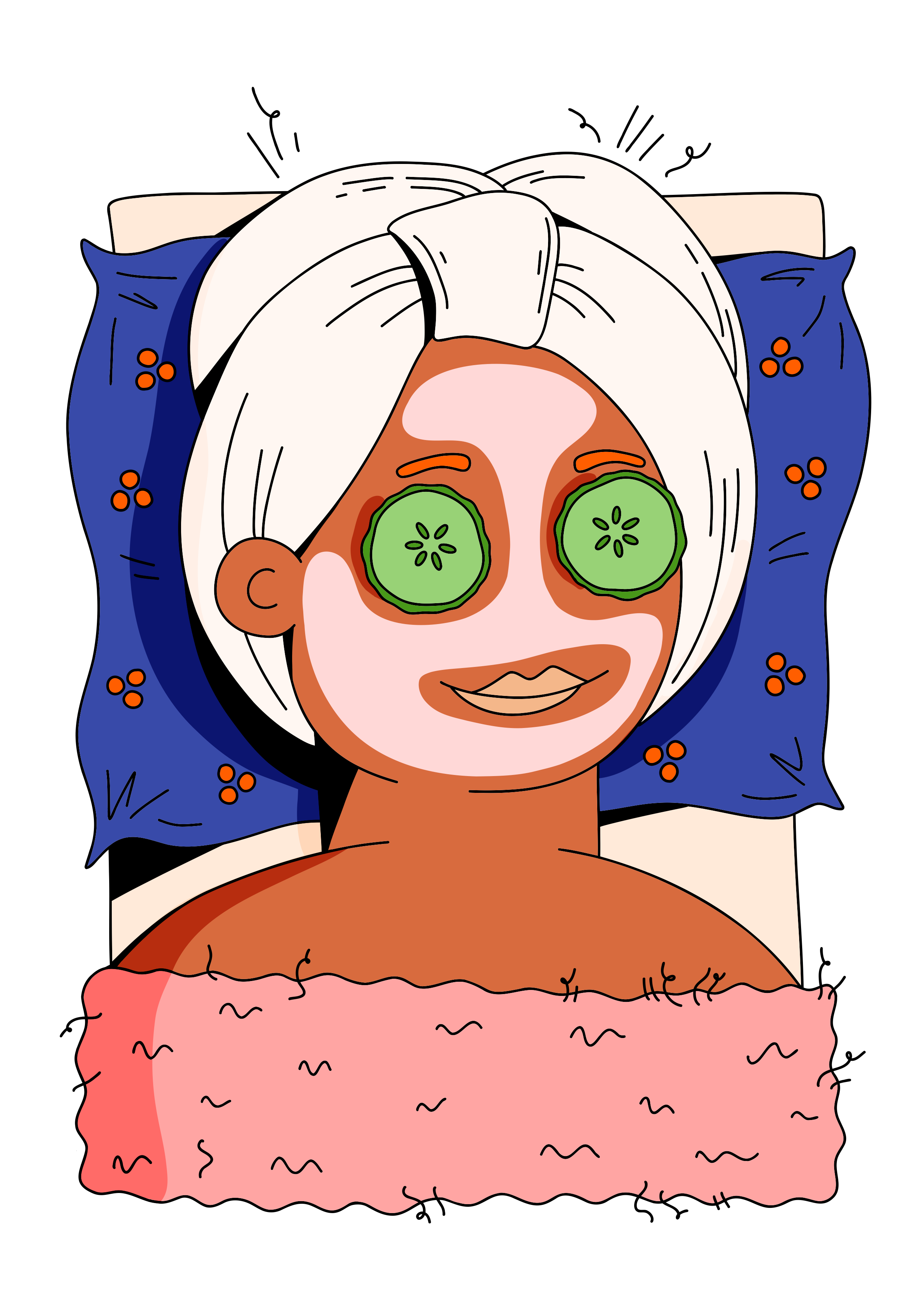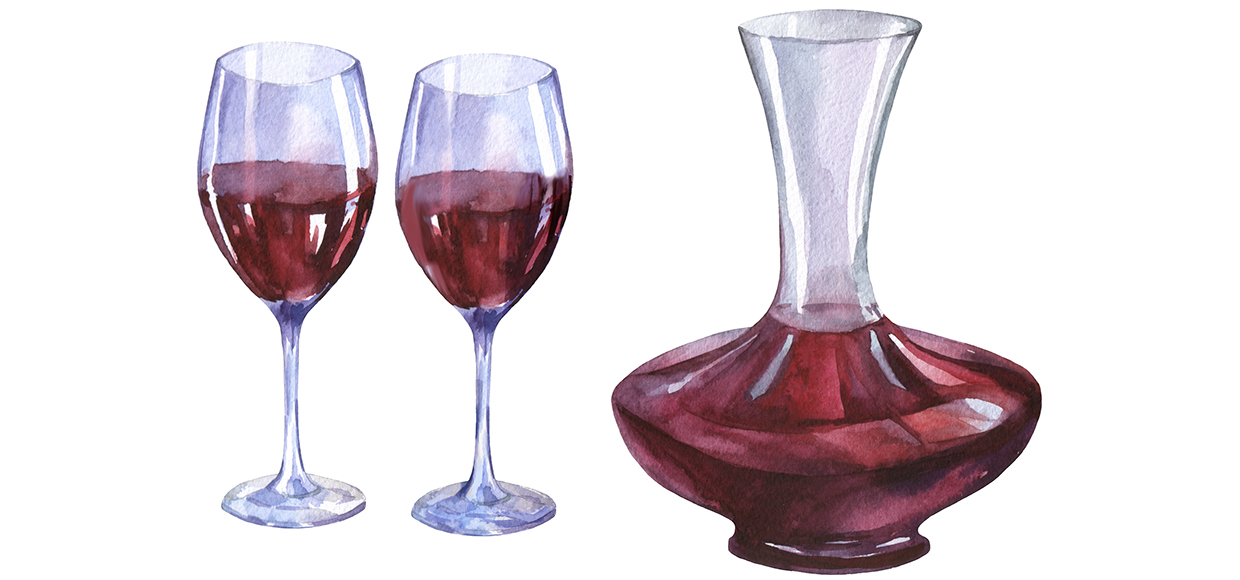Illustration by Bridget Daulby
If your eyes are the window to your soul then your skin is the window to your health.
Our skin is our largest organ and can reflect whole-body health, often showing issues and imbalances from deeper inside.
Things such as inflammation (dermatitis), autoimmune issues (psoriasis), increased ageing (oxidative stress), antioxidant status, hormonal imbalances (hormonal acne) and increased detoxification can all be reflected through the skin.
Focus on these strategies to see improvements in your skin.
Get adequate sleep for rest and repair
Get your beauty sleep!
Yes, research now strongly suggests that sleep is vital for skin health.
Sleep controls the homeostasis of cell repair and restoration, therefore adequate sleep is required for optimal skin function.
Sleep also plays a role in restoring immune system function and changes in the immune response can affect collagen production.
Drink filtered water to keep you and your skin hydrated
One of the best ways to moisturise our skin is from the inside.
Water aids healthy skin cell turnover, resulting in smoother, firmer skin.
Plus, without adequate hydration, skin cells do not shed adequately, leading to build-up on the surface, congestion and dull tone.
The skin is also an organ of detoxification and adequate water is needed to assist this.
Look to drink 0.033 litres of water for every kg of body weight.
Eat whole, unprocessed foods
A diet rich in whole, natural foods supports the skin in a multitude of ways.
Our diet provides the raw materials (high-quality proteins) for skin replacement, as well as the majority of the co-factors required for collagen production.
Fruits and vegetables provide the majority of antioxidants the skin uses to protect itself from UVB radiation.
You can actually see someone’s antioxidant status in their skin – if it’s high, they’ll have a natural, healthy glow.
Support skin regeneration with extra skin-loving nutrients zinc and vitamin C
Modern humans and people from New Zealand have been shown to be crucially low in zinc and vitamin C – both of which are required as co-factors for the production of collagen, as well as being important antioxidants in the skin.
Focus on eating fresh fruits and vegetables, eating oysters at every chance and adding in additional vitamin C and Zinc via a high-quality supplement.
Reduce gluten wherever possible to reduce inflammation
Many skin conditions have inflammation at the heart of the issue.
The gut is the home of the immune system and when we eat foods our body tags as an invader, systemic inflammation throughout the body can ensue.
In one study, gluten was found to be inflammatory for all people, coeliacs and non-coeliacs alike.
Introduce fermented foods or a daily probiotic
Fermented foods and probiotics help modulate and keep the immune system healthy – which in turn helps manage inflammation throughout the body.
The colon also removes unwanted waste from the body and the colon loves the good bacteria in fermented foods or probiotics!
Supporting the body’s immune system and detoxification system can have a positive impact on the skin.
Take a high-quality fish oil
In the modern world, we often eat an imbalance of essential fatty acids (omega 3 versus omega 6).
We eat too many omega 6 fatty acids, which drive a pro-inflammatory condition in the body.
Taking a fish oil tablet can help fix the imbalance, giving your body the omega 3 oils it needs to resolve inflammation.
Drink bone broth or take extra collagen
Skin integrity is dependent on collagen production. In the modern world, we no longer consume the whole animal as we once used to, which has led to a decline in gelatin, amino acid constructs for collagen and collagen consumption in the body.
Consuming bone broth or collagen provides the raw materials for collagen production and assists in stimulating collagen production within the body and skin.
Take personalised hormonal support as needed
There are a number of skin issues that are hormonally mediated, from acne and melasma to rosacea.
The main hormonal imbalances are around excess oestrogen, not enough progesterone or too much testosterone.
Testing can be done through Eve Wellness.
Balancing hormones can have a positive impact not only on whole-body health but also your skin.







